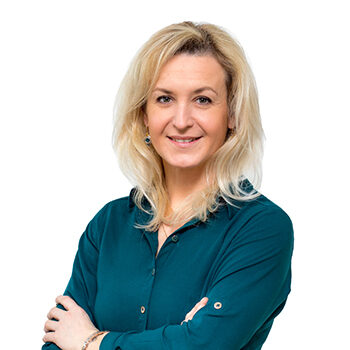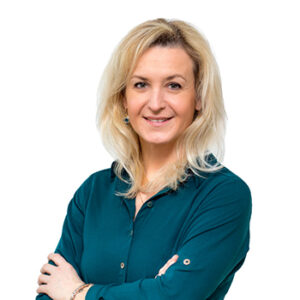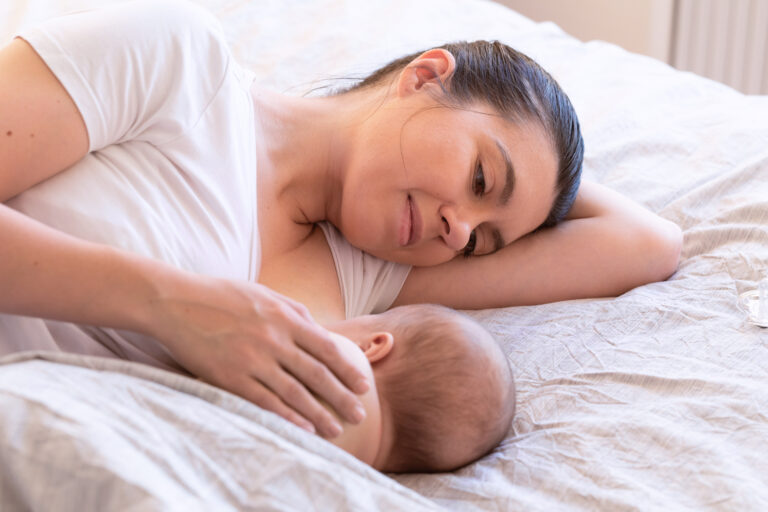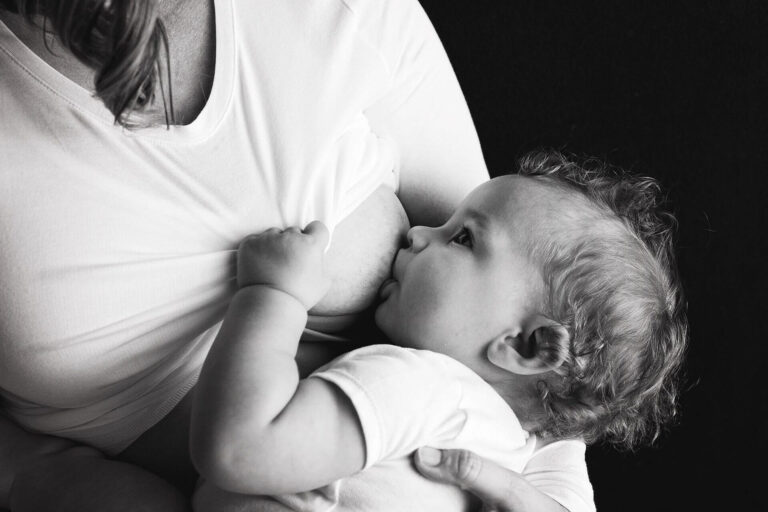A good solution may be presence at mass for families with children. When families with young children gather in the church for one hour, it is in such an atmosphere that the greatest understanding prevails for children's crying or other behaviors, as well as for the needs of feeding the child.
Breastfeeding in public and the law
Regardless of the place - be it a bus, shopping mall, park or restaurant, a woman has the right to breastfeed her baby. Of course, the reactions of passers-by, passengers and customers are different, but these are only the people encountered and you cannot focus on pleasing everyone.
Mom's goal is to be responsible for the baby. The most important thing for mum is the child's safety, and her priority is its health and well-being. Any critical gaze can be ignored, but openly mom should protest any offensive remarks about her, because in Poland, women have the right to breastfeed in a public place.
The statement of the Government Plenipotentiary for Equal Treatment of 2016 says that “women have the right to breastfeed freely in public places. The provisions of Polish law do not prohibit feeding in a public place (restaurants, shopping centers or public transport). An entrepreneur who pressures a nursing woman to change the feeding place is acting unlawfully. A nursing mother, who will be asked to leave, has the right to claim compensation from the owner of the facility under the provisions of the Act of December 3, 2010 on the implementation of certain provisions of the European Union in the field of equal treatment, as such behavior may be considered a form of gender discrimination (Art. 60). The provision of art. 12 of the same act stipulates that in the event of violations of the principle of equal treatment (...) there is a right to claim damages ”.
The Convention on the Rights of the Child and breastfeeding
Poland has also been a party to the Convention on the Rights of the Child for 25 years, which emphasizes the great importance of its healthy development, and thus - breastfeeding, as is known from the medical point of view, takes a special part in this. According to pediatricians' recommendations, mother's milk should remain the basis of nutrition during the first 6 months of a child's life. This food is wholesome, provides the baby with all the substances necessary for development, and also strengthens his immune system. From the psychological point of view, the very act of breastfeeding builds a sense of security and closeness with the mother and translates into a good relationship with the baby.
Indecency in the Code of Petty Offenses
It is true that the Code of Petty Offenses refers to an indecent excess (the provision of Article 140 of the Code of Petty Offenses), which is punishable by detention, restriction of liberty, a fine of up to PLN 1500 or a reprimand. However, according to the definition, an indecent prank is one that violates the good principles of social functioning - i.e. behavior that can cause scandal, a feeling of disgust, anger, indignation in the average person (e.g. dealing with physiological needs or walking naked in a public place).
It cannot be considered that the above-mentioned behaviors that bear the hallmarks of an indecent act also include breastfeeding a child in a public place. The confirmation of this thesis can be found, for example, in the jurisprudence of the courts.
Breastfeeding in labor law
The labor law also regulates the provision on breastfeeding children. According to Polish law, also Art. 187 of the Labor Code provides that every breastfeeding employee is entitled to a fully paid break for breastfeeding, which is included in the working time. If a woman is feeding one child, she is entitled to two half-hour breaks, while if she is feeding more than one child - two breaks of 45 minutes each.
Therefore, it seems that the topic of breastfeeding in the forum is not a dilemma in the legal sense, but a social problem, because it concerns the norms of mutual social life. These standards also include such human characteristics as tolerance, understanding and openness to the needs of people, including the smallest.
Źródła:
http://kancelaria-cpr.pl/2017/10/26/karmienie-piersia-miejscach-publicznych-a-prawo/
Labor Code, chap. IV, Systems and schedules of working time, Art. 148
Code of Petty Offenses, ch. XVI, Offenses against public decency, Art. 140, Art. 151
Journal of Laws 2020.0.2156, i.e. the Act of 3 December 2010 on the implementation of certain provisions of the European Union in the field of equal treatment, chapter 2, The principle of equal treatment and legal measures for its protection
Convention on the Rights of the Child - an international convention adopted by the UN General Assembly on November 20, 1989.
Journal Of Laws of 2010 No. 254, item 1700 The Act of December 3, 2010 on the implementation of certain provisions of the European Union in the field of equal treatment









